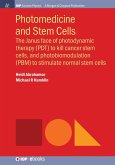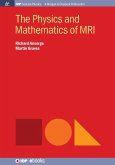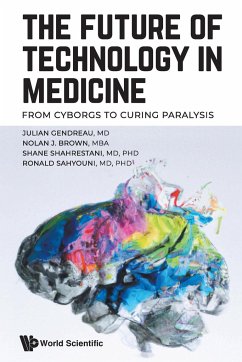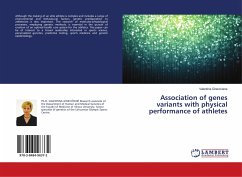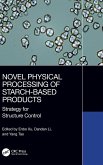The new field of physical biology fuses biology and physics. New technologies have allowed researchers to observe the inner workings of the living cell, one cell at a time. With an abundance of new data collected on individual cells, including observations of individual molecules and their interactions, researchers are developing a quantitative, physics-based understanding of life at the molecular level. They are building detailed models of how cells use molecular circuits to gather and process information, signal to each other, manage noise and variability, and adapt to their environment. This book narrows down the scope of physical biology by focusing on the microbial cell. It explores the physical phenomena of noise, feedback, and variability that arise in the cellular information-processing circuits used by bacteria. It looks at the microbe from a physics perspective, to ask how the cell optimizes its function to live within the constraints of physics. It introduces a physical and information based -- as opposed to microbiological -- perspective on communication and signaling between microbes. The book is aimed at non-expert scientists who wish to understand some of the most important emerging themes of physical biology, and to see how they help us to understand the most basic forms of life.
Hinweis: Dieser Artikel kann nur an eine deutsche Lieferadresse ausgeliefert werden.
Hinweis: Dieser Artikel kann nur an eine deutsche Lieferadresse ausgeliefert werden.


